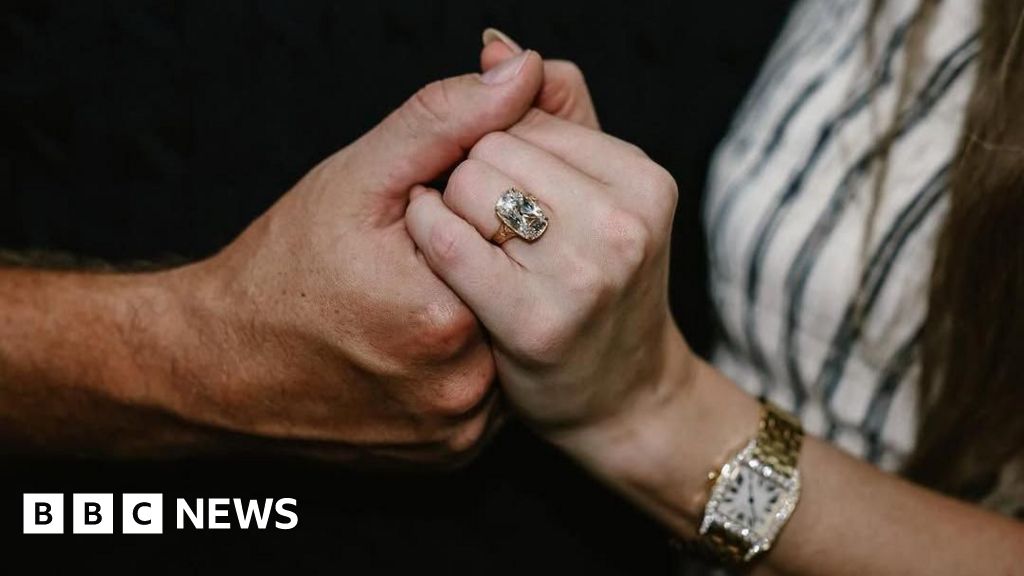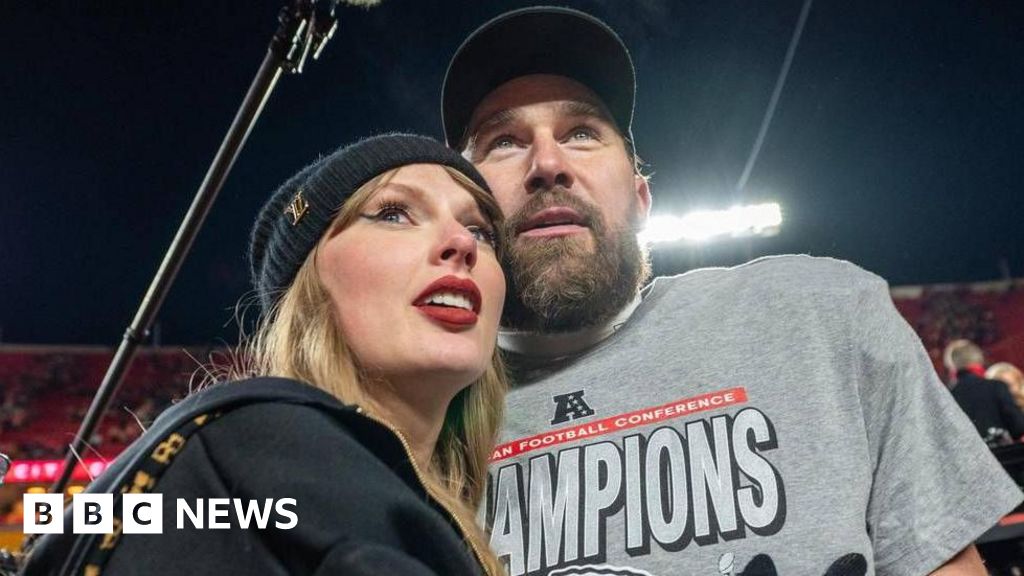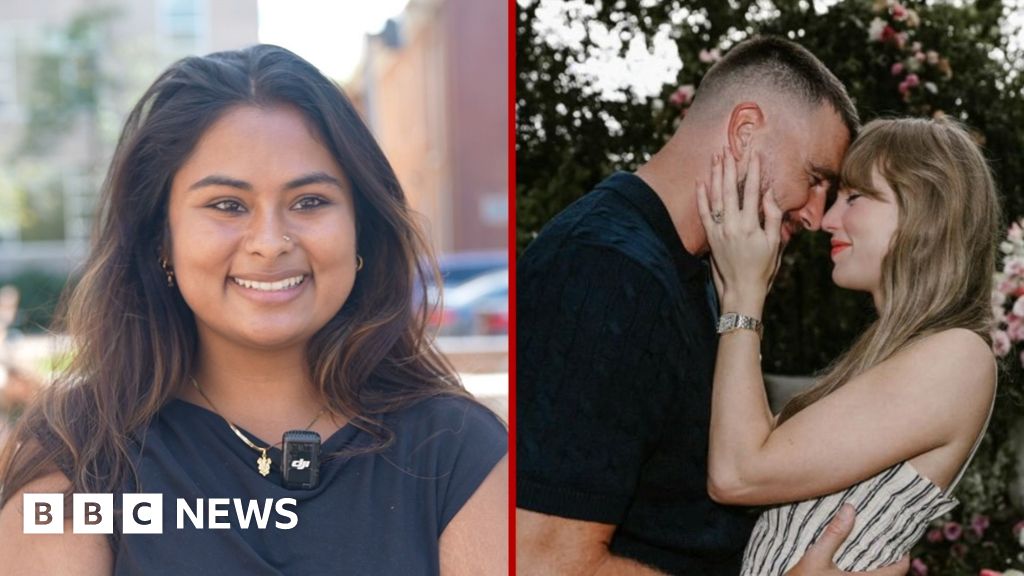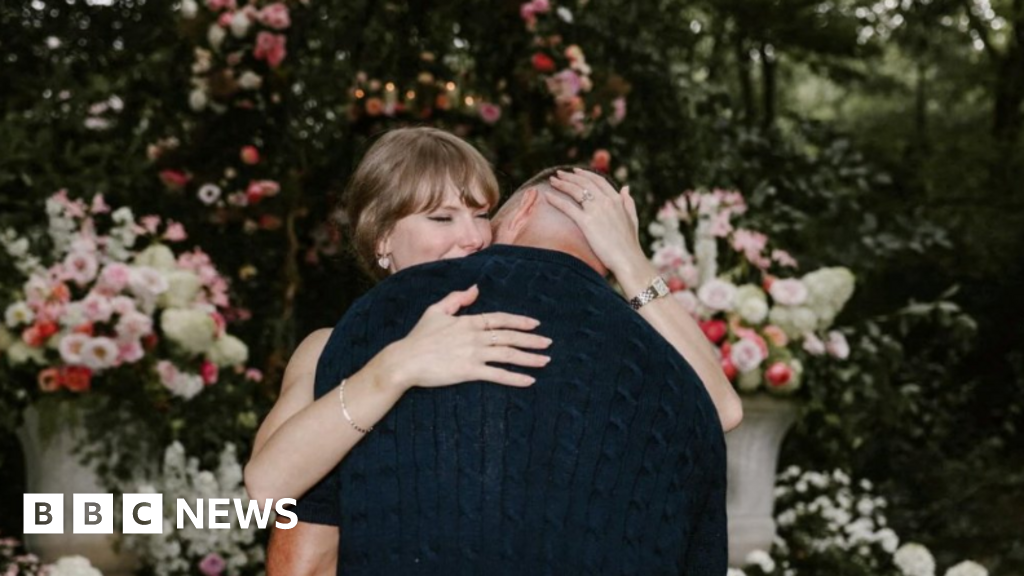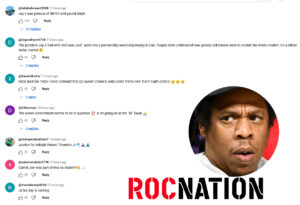In a momentous announcement on her official website, Taylor Swift proclaimed, “All of the music I've ever made now belongs to me,” expressing deep joy and gratitude for her fans’ support throughout a protracted struggle over the rights to her master recordings. This landmark event concludes a feud that began in June 2019, when music manager Scooter Braun acquired Swift's former label, Big Machine Records, along with the masters of her first six albums: Taylor Swift, Fearless, Speak Now, Red, 1989, and Reputation.
Reflecting on this long journey, Swift recalled how the dream of reclaiming her music seemed unattainable at times. “To say this is my greatest dream come true is actually being pretty reserved about it,” she shared. The acquisition of her masters grants Swift full control over the distribution and licensing of her music, a significant factor for artists wishing to curate their own work and its future uses.
The initial controversy stemmed from Swift's objections to Braun's role in the acquisition, which she viewed as a betrayal tied to a broader narrative of “manipulative bullying” she had experienced, particularly regarding her public disputes with Kanye West. Swift previously vowed to re-record her early albums to diminish the value of the original master recordings, a project she began executing in 2021.
While Swift has successfully released four re-recorded albums—dubbed "Taylor's Versions"—she noted in her recent letter that completing the re-recording of Reputation has proven challenging. Nevertheless, she still intends to offer fans additional “vault tracks” in the future.
Ownership of her masters allows Swift to license her original recordings for various media, including film and television, while preserving her artistic vision. The financial details surrounding the buyback remain undisclosed, but previous estimates placed the value of her catalog at $300 million.
Swift’s journey through the industry serves as a vital case for artists advocating for control over their work. “Every time a new artist tells me they negotiated to own their master recordings in their record contract because of this fight, I'm reminded of how important it was for all of this to happen,” she expressed. Swift's journey reflects wider conversations in the music industry about ownership and the rights of artists, pointing to a significant change for generations of musicians to come.



